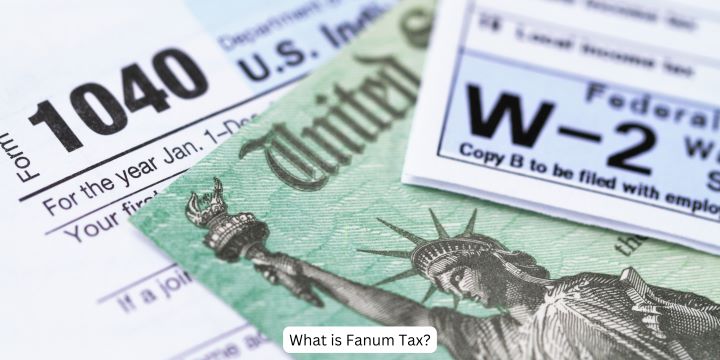“Fanum Tax” is a term that originates from a popular online personality named Fanum, known for his involvement in gaming and content creation, particularly within the community of AMP (Any Means Possible). The phrase “Fanum Tax” has gained significant popularity among his followers and the wider gaming community. It refers to a humorous or informal concept where Fanum, or someone imitating him, demands a “tax” or fee in the form of compensation, usually as a playful way to highlight the idea of someone owing something in return for help or participation.
What Does Fanum Tax Mean?
The meaning of Fanum Tax is tied to its usage within the context of gaming and internet culture. It typically represents a playful demand for compensation after someone has done a favor, offered help, or provided a service. Although it is rooted in humor, it also serves as a metaphor for the idea that nothing comes for free. Fanum and others may use the term jokingly when someone benefits from another’s work or assistance, implying that they “owe” something in return, even if it’s just as a joke.
The term has become popular in streams, videos, and discussions where content creators might invoke the phrase to engage their audience or highlight an action that seems to warrant some form of “payment.”
Who is Fanum Tax?
The term “Fanum Tax” is directly related to Fanum, a member of AMP, a content-creating group focused on gaming, challenges, and comedy videos. Fanum is well-known for his humor and charismatic personality, which has helped grow the fan base of AMP. He plays a central role in the creation of this humorous “tax” concept, and it often surfaces in his content or when other members of AMP reference him.
Fanum himself has become a well-loved figure in the world of social media and content creation, especially among those interested in gaming and entertainment. His energetic persona and comedic timing make him a key figure in the use of the term “Fanum Tax.”
Fanum Tax in Internet Culture
As internet slang, “Fanum Tax” has transcended its original context and is used by a broader audience in gaming communities and social media. People outside the direct fan base of Fanum or AMP may use the term in casual conversations to refer to the humorous expectation of something in return for a favor. It has also become a meme, with people using it in comment sections or streams as a way to engage with content creators.
Fanum Tax continues to evolve as more people adopt the phrase, demonstrating how online personalities can influence and create new vocabulary within their communities.




